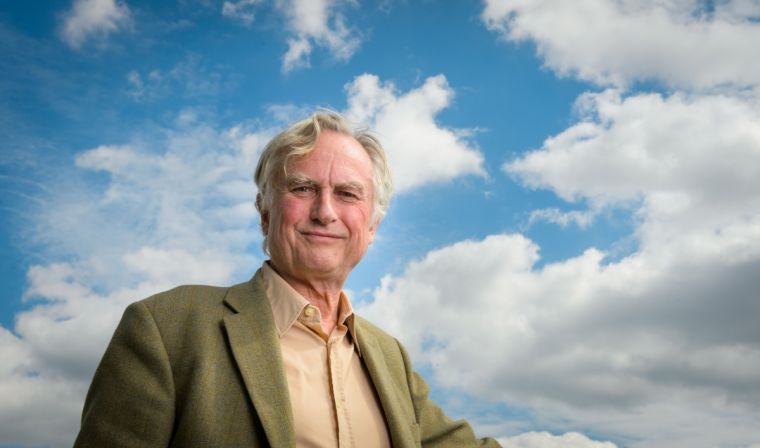Richard Dawkins: I'm not aggressive about God...perhaps just angry

Richard Dawkins may be a scientist but his public engagements so often revert to his beliefs in God and that was the case at a talk he gave in the US last week in which he denied being "aggressive" in his atheism.
Regardless of how other atheists feel about it, Dawkins has become something of a frontman for atheism as a whole, ever since the publication of his bestselling book, The God Delusion, back in 2006.
Some atheists have sought to distance themselves from Dawkins because they feel the combative way in which he argues against faith is doing more harm than good for the atheist cause.
Dawkins appears to care little about what others think about his approach, atheist or otherwise, as after all these years he's still gunning for the religious.
In his own eyes at least, "aggressive" would be too strong a term for his stinging attacks on faith.
"I'm not aggressive!" Dawkins exclaimed in last week's appearance at the College of Liberal Arts and Sciences (University of Connecticut), when Dean Jeremy Teitelbaum asked him why he had come to take "quite an aggressive stand against God and promote atheism".
On second thoughts, "Well, perhaps I'm angry," he admitted, before dropping the pretences altogether and making clear what he thinks about anyone who teaches children anything other than his beliefs on evolution.
"But I do believe in truth," he continued. "I am moved by the beauty of life, as it has evolved. I think any child who is being denied that knowledge is being cheated.
"It's wicked that children are being brought up in that way by parents, teachers, priests – deliberately, systematically deprived of that knowledge."
Earlier in the discussion, Mr Teitelbaum had brought up some figures from the Pew Research Center revealing that a third of Americans believe humans have always existed in their current form.
Dawkins balks at the idea.
"It's worse than this, I think – some polls put it at almost half of the population. And it's also that many people actually believe that the world is only 10,000 years old," he contended.
"If you do the sums, it's comparable to believing that the North American continent is about eight yards in width. That is the magnitude of this error. It is to me baffling, and it shows that we scientists have not met our educational responsibilities."
You can read their conversation in full here











